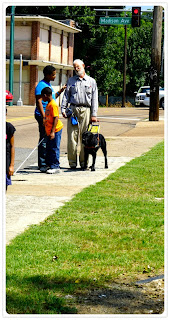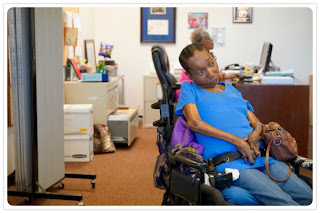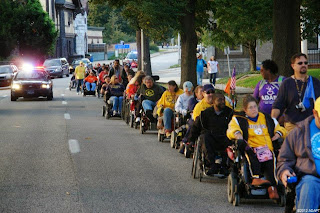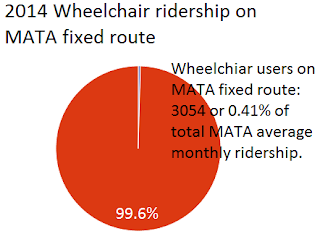As a person with a disability that prevents me from driving, legally that is, I think that it is very important to keep my transportation toolbox well stocked with a variety of tools. Of course, it contains typical tools like friends and family, public transportation, my own two feet, and cabs. However, over the last six months I’ve added two new tools to my transportation toolbox.
At first I was somewhat skeptical on how they would work, but they’ve turned out to be one of the best things I’ve ever added. Uber and Lyft are my two new transportation tools. While they are not accessible to every person with a disability, they help provide independence in getting places for me. I can only hope that they will become accessible to all.
Uber and Lyft provide transportation to individuals on demand. You don’t have to give them a three day advanced notice. You don’t have to even give them an hour notice. You just open the app that you have downloaded to your smart phone and request a ride. Unlike MATAplus, you get a real time feedback on your driver’s estimated time of arrival that is 95 percent accurate. This is done through utilizing the GPS (global positioning service) in both the rider’s and driver’s phone.
Many people might think that this type of transportation
service is not safe, but so far it has been for me. By doing background checks on the drivers, ensuring that the vehicles are in good repair, and providing the photo of the car, driver, and license plate, is a good start. The rider also rates the driver anonymously once the trip is over. Rating your driver three stars or less, you are not matched up with that driver again. The same rule applies for the drivers rating riders.
Finally, since no cash is exchanged for payment and instead is done through the app and whatever credit card you designate, ensures another layer of safety. If you’d like help in getting started with Lyft or Uber, I can send you a link for a free ride. Feel free to contact me at (901) 726-6404 or christina@mcil.org.




























